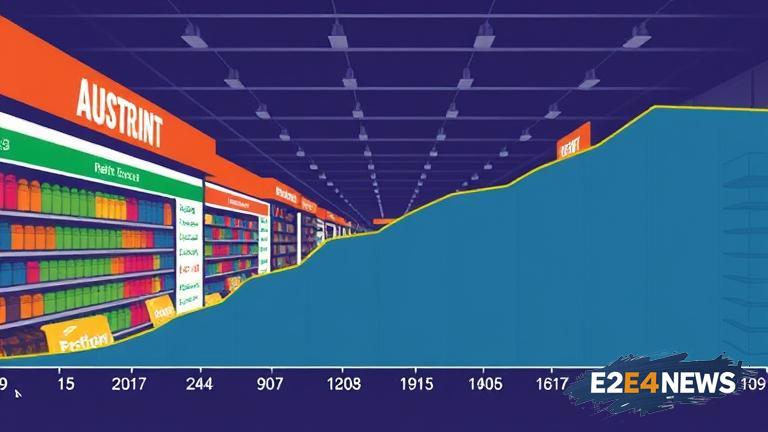The Australian retail trade has undergone significant transformations over the past 75 years, shaped by changing consumer behaviors, technological advancements, and economic fluctuations. According to the Australian Bureau of Statistics (ABS), the retail industry has experienced steady growth, with some fluctuations, since 1947. In the early years, retail trade was dominated by traditional brick-and-mortar stores, with a focus on essential goods and services. However, with the rise of suburbanization and car ownership, shopping centers and supermarkets began to emerge, offering greater convenience and variety to consumers. The 1960s and 1970s saw the introduction of new retail formats, such as discount stores and hypermarkets, which further expanded the range of products and services available to consumers. The 1980s and 1990s witnessed the advent of electronic point-of-sale systems, credit card transactions, and the early stages of e-commerce, which laid the foundation for the digital retail landscape of today. In recent years, the Australian retail trade has faced significant challenges, including the rise of online shopping, changing consumer preferences, and increased competition from international retailers. Despite these challenges, the ABS reports that the retail industry has continued to grow, with online retailing becoming an increasingly important component of the sector. The ABS data also reveals that the retail trade has become more diverse, with a greater range of products and services available to consumers, including food, clothing, household goods, and recreational products. Furthermore, the retail industry has become a significant contributor to the Australian economy, accounting for around 4.1% of GDP and employing over 1.2 million people. The ABS has also noted that the retail trade has become more seasonal, with peak trading periods occurring during holidays and special events, such as Christmas and Easter. In addition, the ABS data highlights the importance of small businesses in the retail sector, with many independent retailers and family-owned businesses playing a vital role in local communities. The ABS has also reported on the impact of COVID-19 on the retail trade, with many businesses forced to adapt to changing consumer behaviors and government restrictions. Despite the challenges posed by the pandemic, the ABS data suggests that the retail industry has shown resilience and adaptability, with many businesses investing in digital technologies and innovative retail formats. The ABS has also noted that the retail trade has become more focused on customer experience, with many retailers investing in loyalty programs, social media marketing, and in-store experiences. Overall, the 75-year journey of Australian retail statistics provides valuable insights into the evolution of the retail trade, highlighting the importance of innovation, adaptability, and customer focus in a rapidly changing retail landscape. The ABS data also underscores the significance of the retail industry to the Australian economy and society, providing employment opportunities, contributing to GDP, and shaping the way we live, work, and shop. As the retail trade continues to evolve, it is likely that we will see further innovations and disruptions, driven by technological advancements, changing consumer behaviors, and shifting economic conditions. The ABS will continue to play a vital role in monitoring and analyzing these trends, providing valuable insights and data to inform business decisions, policy development, and academic research. In conclusion, the 75-year journey of Australian retail statistics is a story of transformation, innovation, and resilience, highlighting the importance of the retail trade to the Australian economy and society. The ABS data provides a unique perspective on the evolution of the retail industry, from traditional brick-and-mortar stores to the digital retail landscape of today. As we look to the future, it is clear that the retail trade will continue to play a vital role in shaping the way we live, work, and shop, and the ABS will remain a trusted source of data and insights for businesses, policymakers, and researchers alike.
